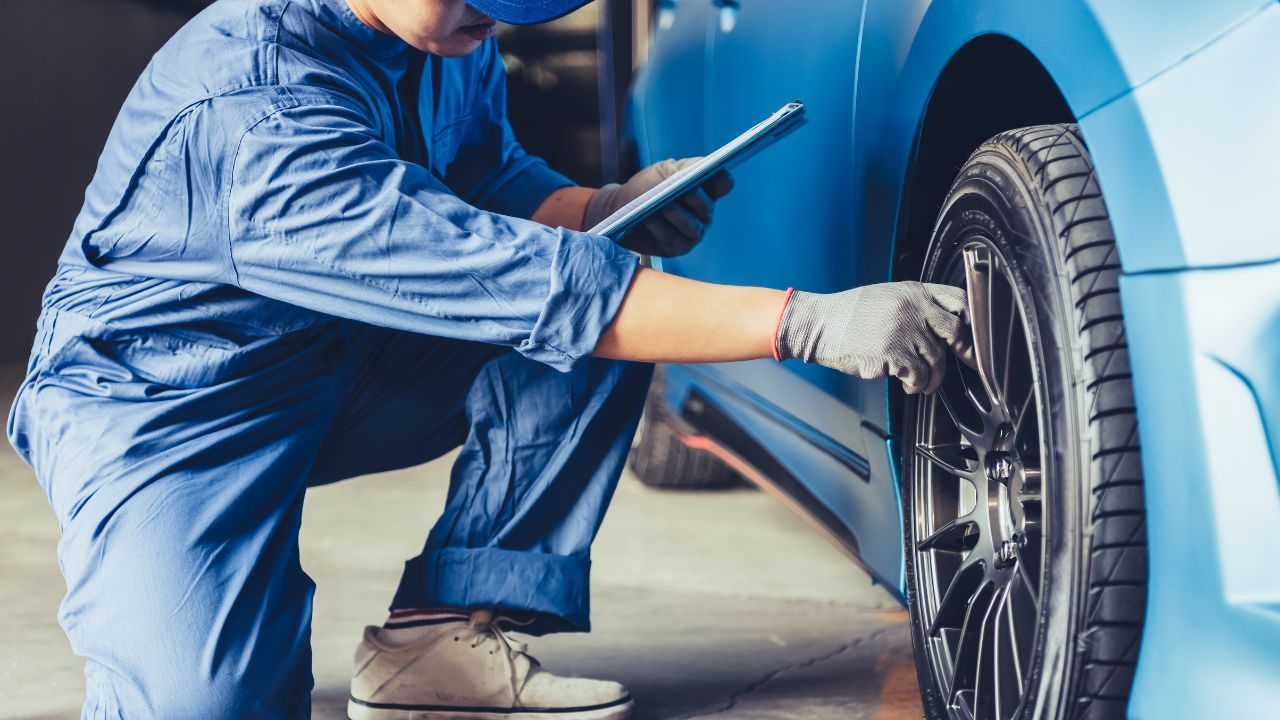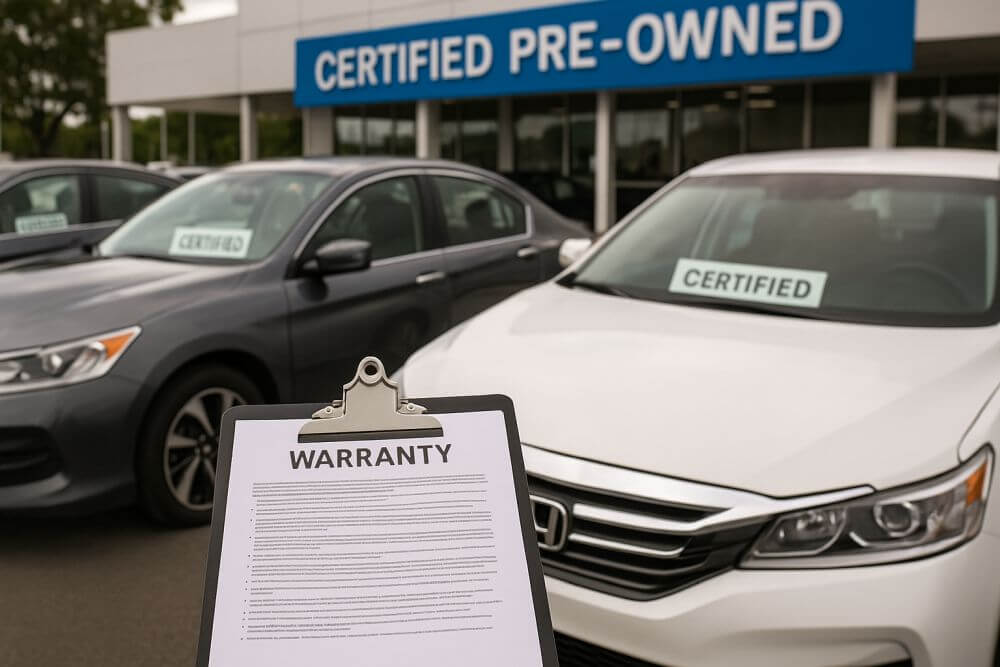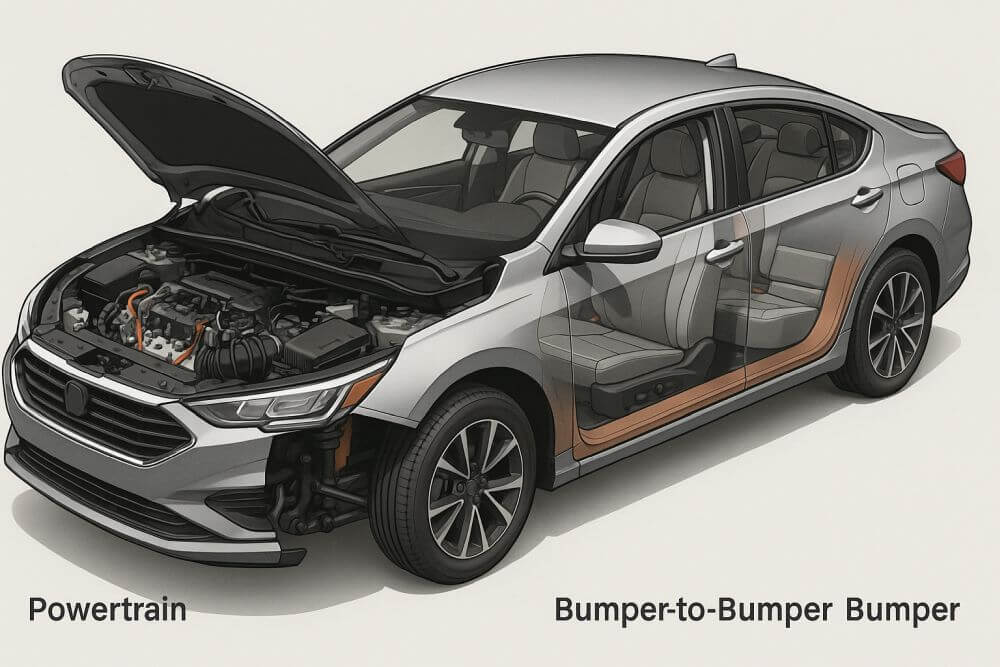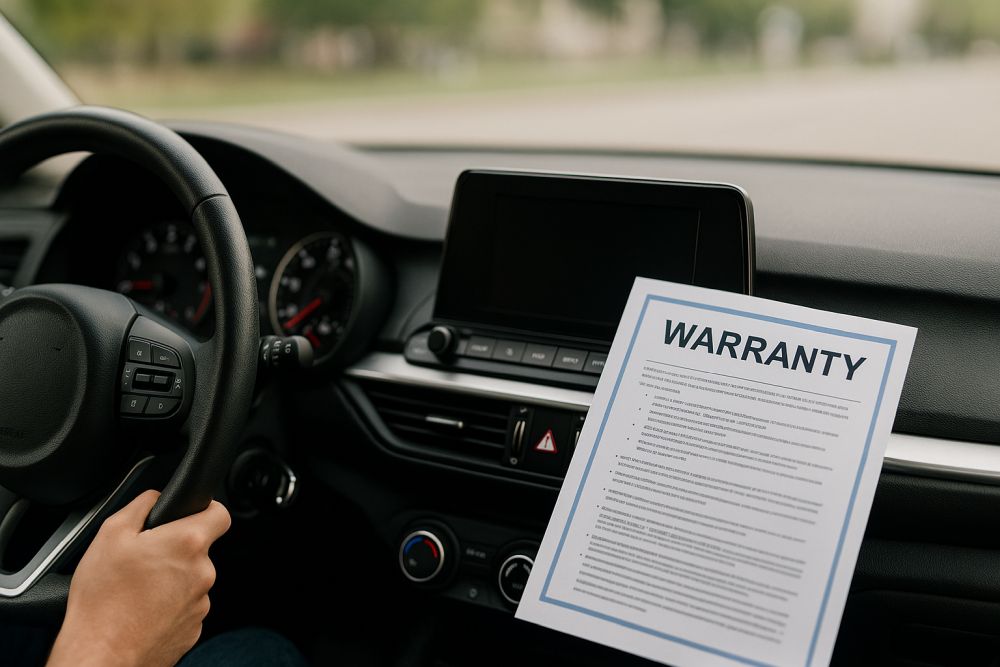Buying a used car in California can be a smart decision, especially with the wide selection available. However, navigating the process can be a bit challenging if you’re not familiar with the state’s specific requirements and market conditions. This guide will walk you through the essential steps to ensure a smooth, informed, and successful purchase. Whether you’re buying your first car or upgrading, this guide will help you make the right choice.

1. Research the Market
Before you start visiting dealerships or browsing online listings, it’s important to understand the California used car market. Prices can vary depending on the region, vehicle make and model, and even the season. Start by checking out online platforms like Craigslist, Autotrader, and local dealership websites to get an idea of current prices.
Tips for Researching the Market
- Check Multiple Sources: Compare prices from different websites and dealerships to ensure you’re getting a fair deal.
- Consider the Vehicle’s History: A vehicle’s price can be influenced by its history, including previous ownership, accident reports, and service records.
- Look for Popular Models: Popular models often have higher resale values and are easier to maintain due to the availability of parts.
2. Inspect the Vehicle
Once you’ve found a car that interests you, it’s time to inspect it thoroughly. A visual inspection is a good start, but it’s also wise to have a trusted mechanic take a look. This can help you avoid costly surprises down the road.

What to Check During an Inspection
- Exterior: Look for any signs of rust, dents, or paint inconsistencies that might indicate previous accidents.
- Interior: Check the condition of the seats, dashboard, and electronics. Ensure all lights, windows, and locks are working properly.
- Under the Hood: Look for signs of leaks, corrosion, or wear on belts and hoses. Check the oil level and color, as well as the condition of the battery.
- Test Drive: Take the car for a test drive on both city streets and highways. Listen for unusual noises, and pay attention to how the car handles and brakes.
3. Check the Vehicle History Report
A vehicle history report offers essential details about the car’s background, such as any accidents, title problems, and maintenance records. You can obtain this report from various online services. Additionally, a California license plate lookup can help verify the car’s registration history and ensure there are no outstanding issues, such as unpaid tickets or liens.
4. Understand California’s Smog Check Requirements
In California, most vehicles must pass a smog check before being sold. This is to ensure the car meets the state’s emissions standards. Make sure the seller provides proof of a recent smog check. If the car doesn’t pass, you might end up facing unexpected repair costs to bring it into compliance.
Smog Check Exceptions
- Electric Vehicles: These are generally exempt from smog checks.
- Vehicles 1975 or Older: Classic cars of this age are also exempt from smog testing.
- Hybrid Vehicles: These typically need a smog check, but the specifics can vary, so it’s worth verifying with your local DMV.
5. Negotiate the Price
Once you’re confident about the car’s condition and history, it’s time to negotiate the price. Use the information you gathered during your research to make a reasonable offer. Be prepared to walk away if the seller isn’t willing to negotiate, as there are always other options available.
Negotiation Tips
- Know Your Budget: Determine the maximum amount you’re willing to spend before you start negotiating.
- Use Market Research: Reference the prices of similar vehicles to support your offer.
- Be Patient: Don’t rush the process. Sellers may lower their price if they sense you’re ready to move on.
6. Finalize the Purchase
After agreeing on a price, you’ll need to finalize the paperwork. In California, this involves several key steps:
Steps to Complete the Purchase
- Transfer the Title: Make sure the seller signs over the title to you. You’ll need this to register the car in your name.
- Bill of Sale: Obtain a bill of sale that outlines the terms of the transaction, including the sale price and vehicle details.
- Pay Sales Tax: Be prepared to pay sales tax when you register the car at the DMV. The amount will be based on the sale price of the vehicle.
- Register the Vehicle: You have 10 days from the date of purchase to register the car with the California DMV. You’ll need the title, bill of sale, and proof of insurance.
7. Insurance and Maintenance
Before you drive off, ensure you have insurance coverage in place. California law requires all drivers to carry minimum liability insurance, but you may want to consider additional coverage depending on the car’s value. After purchasing, it’s also wise to schedule a maintenance check to address any minor issues and keep the car running smoothly.

Insurance Tips
- Shop Around: Get quotes from multiple insurance providers to find the best rate.
- Consider Comprehensive Coverage: If the car is relatively new or has a high value, comprehensive insurance can protect you from theft, vandalism, and other non-collision damage.
- Review Your Policy Annually: As the car ages, you may want to adjust your coverage to better match its current value.
Conclusion
Buying a used car in California doesn’t have to be a complicated process. By following this guide, you’ll be well-prepared to make a smart and informed purchase. Remember to take your time, do your research, and verify the car’s history through a license plate search to avoid any hidden surprises. With these steps, you’ll soon be driving off in a car that suits your needs and budget.


